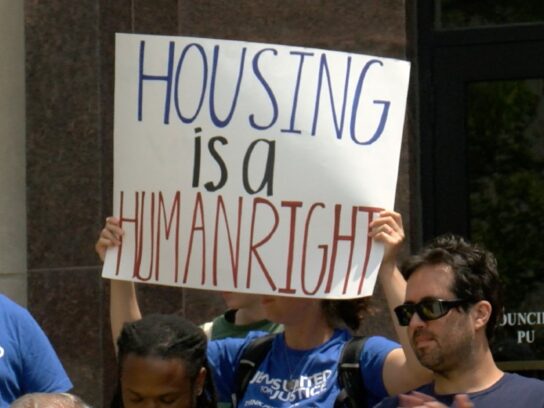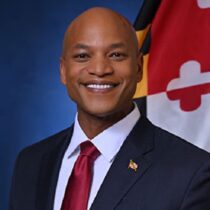
The Montgomery County Office of Legislative Oversite (OLO) issued an 86-page report concerning the implementation of the Housing Justice Act, which was designed to increase access to rental housing for people with criminal records.
At the request of the county council, the OLO examined barriers to housing instability and made recommendations to enable those whose arrests did not end in conviction or those whose convictions were for low level crimes to have a better chance at obtaining housing.
Council members unanimously approved the receipt and release of the report at its Tuesday meeting.
According to the report, there are three hurdles making it difficult for some people to obtain housing. These include discrimination by housing providers, restrictive public housing policies and a lack of affordable housing options.
County workers involved in ending homelessness have found that some housing providers violate this act as well as other fair housing laws, according tothe OLO report.
Since 2021 when the Housing Justice Act has been in effect, the Office of Human Rights has focused on outreach and education. However, according to the report, staffing cuts in this office “have likely had an adverse impact on effective enforcement of fair housing laws.”
The Housing Justice Act includes a Ban the Box provision which prohibits housing providers from asking prospective tenants about their criminal records or doing a criminal background check before making a conditional offer to rent.
It also prohibits housing providers from considering arrest records that did not result in conviction and with conviction records for eight low-level offenses that can arise from homelessness. The law also covers conviction records for any misdemeanor where more than two years has passed since the date of conviction and incarceration.
According to the report, most criminal cases in Montgomery County are for misdemeanors. Those with felony convictions are not protected by this act.
OLO recommends that the council consider asking the county executive to convene meanings with minority communities to focus on solutions to help people reenter society more smoothly. The goal of collaboration to create, implement and evaluate outreach, education and enforcement of fair housing laws.


Comments are closed.